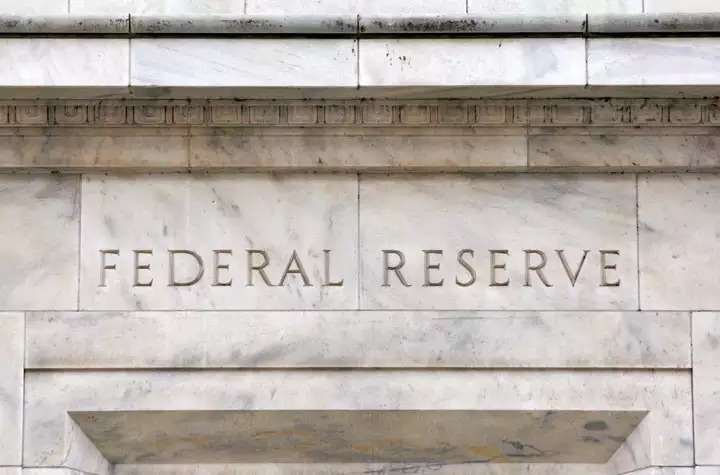On Tuesday, the US Federal Reserve issued additional guidance for banks considering activities involving cryptocurrencies, emphasising that companies must notify the Fed in advance and ensure that anything they do is legally permitted.
Fed stated that while cryptocurrencies may present ‘potential opportunities’ for banks, companies need to ensure they have systems to ensure volatile assets don’t threaten safety, soundness, or consumer protection.
Banks should also notify the Federal Reserve before engaging in crypto-related activities, and any bank that has undertaken crypto initiatives should also notify the Federal Reserve of its involvement in the digital asset space, the agency said.
The Fed has encouraged state member banks to alert their state regulators before engaging in crypto activities. The Fed said in its regulatory letter that banks regulated by the agency should take several steps before engaging in any crypto-related activity, including determining whether any specific documentation is required by existing law and whether any activity under consideration is legally allowed.
Before engaging in crypto, the Fed said, banks should also have adequate risk management systems and controls to ensure that any endeavours are carried out safely, robustly, and in compliance with relevant consumer protection regulations.
The move comes just days after several Democratic senators, led by Massachusetts Sen. Elizabeth Warren, called on the US Office of the Comptroller of the Currency (OCC) to withdraw previously issued guidance on crypto ‘prudence regulators’.
- Ashoka Buildcon JV Bags Rs 1,041-Crore BMC Flyover Project; Shares End 2.30% Higher
- WPIL Shares End 7.75% Higher on Order Win
- Biocon Launches Diabetes, Obesity Drug-Device in Netherlands; Shares Trade Flat
- Bharat Electronics Shares Trade Higher on Rs 776 Crore Orders
- Granules India Shares Slump Despite Securing EIR from USFDA
Last year, US banking regulators, including the Fed and the OCC, jointly said they wanted to clarify in 2022 what kinds of activities banks could engage in crypto, including whether firms were able to hold digital assets on their balance sheets and whether crypto could facilitate trade on behalf of customers.
 Live
Live

